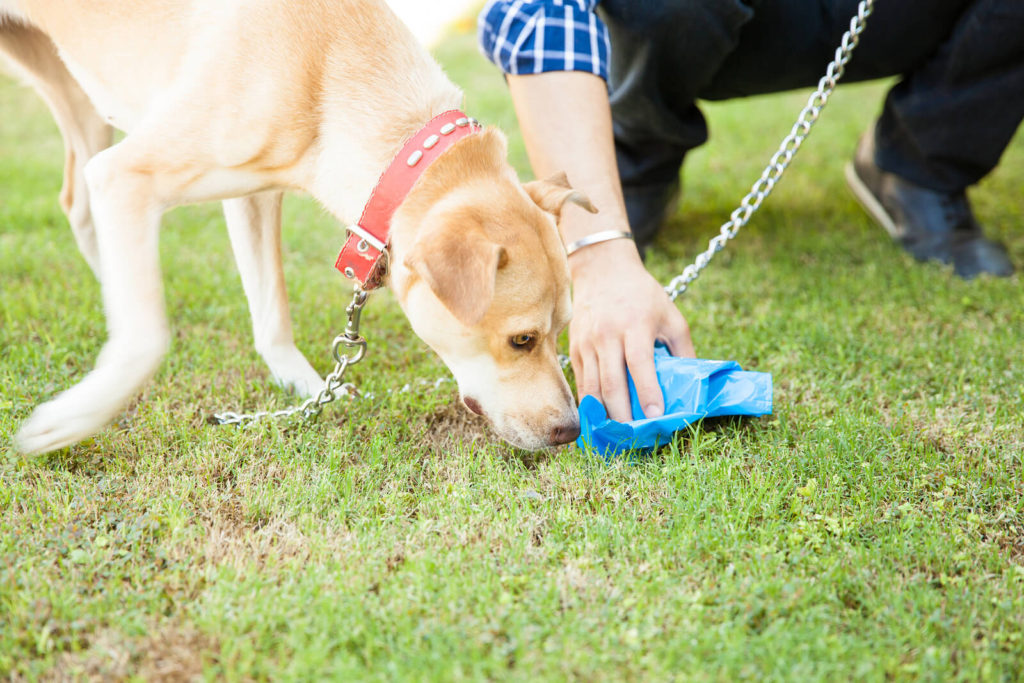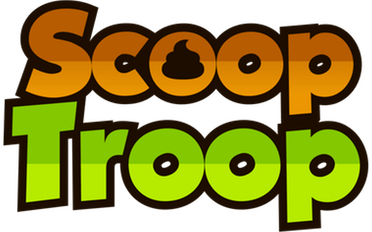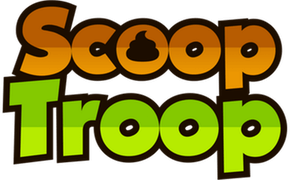In a perfect world, dog ownership would be all tail-wagging and fun. However, anyone who’s owned a pet knows that sometimes a little dirty work is necessary, including the unsavory act of cleaning up dog poop.
Picking up dog waste is unpleasant on an instinctual level, but beyond the displeasure of interacting with Fido’s poop, what larger problems can dog waste cause if improperly disposed of?

Here are four potential issues that may arise from leaving dog poop uncleaned:
Disease:
If it wasn’t already somewhat obvious, dog poop is a breeding ground for harmful bacteria and diseases that can be transmitted to humans and other animals. Dog waste can transmit Salmonella, Giardia, Ecoli, and worms, to name a few. Dogs and small children can contract infections and miserable viruses when touching or eating the dog waste.
Pests:
A number of pests are attracted to dog waste left in a home’s yard. Flies will colonize dog poop, laying eggs and eventually entering into a home, possibly spreading harmful diseases to food and indoor surfaces. In larger cities, rats are also attracted to sitting dog waste, and will sometimes make the move into a home if brought to the yard in search of food.
Environmental Degradation:
People often make the comment that dog poop is like fertilizer, biodegradable and an improvement for neighborhood grass. They are sorely mistaken. Unlike waste from cows, which are herbivores, dog waste is actually harmful to plant life if left in prolonged contact. Meat in the diet of most dogs can subvert the beneficial properties that some animal waste has for plants. Dog poop tends to be more acidic than cow fertilizer, and can permanently destroy patches of plant life where it sits.
Additionally, harmful bacteria and diseases in dog poop can seep into waterways, contaminating lakes and drinking water for the people who occupy a neighborhood.
Hurting other dog owners:
While your dog may be well trained, it’s unfair to assume that other dogs are at the same level in their training. While it’s not the most pleasant activity to discuss, some dogs seek out and eat the waste of other animals. With bountiful quantities of waste in a neighborhood, a young dog’s inclination may turn into a habit, which can be a real headache for other dog owners and can even contribute to the spread of diseases.
The bottom line is that your responsibilities as a pet owner also extend to your community and environment. Consider cleaning up after your dog a part of the deal, and ensure that you and your pet are always positive forces in your neighborhood!

